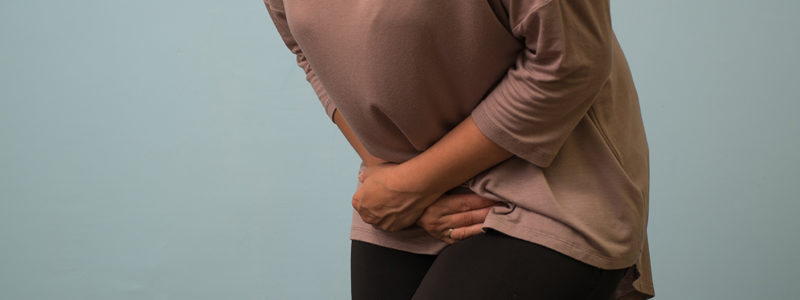
If your life is a constant search for a bathroom, you are not alone. Frequent urination is a fact of life for millions of people. Sometimes, it is due to a medical cause, which is important to understand. Other times, there are various other conditions (such as pregnancy) or even lifestyle habits that can create the problem.
Overactive bladder (OAB) is the technical terms for the constant or urgent need to urinate. It affects an estimated 33 million Americans, reports the Urology Care Foundation. That entails 40 percent of all women and 30 percent of men (more men may suffer from the condition, but never seek help). While it is not a result of age, it does occur with greater frequency with aging.
Characteristic of OBA is the need to urinate frequently, with the possibility of involuntary loss of urine (urge incontinence).
An overactive bladder can result in:
- The sudden, urgent need to urinate
- The need to urinate often, usually eight or more times in 24 hours
- Leaking urine with the urge to urinate
- Waking up several or more times a night to urinate (nocturia)
While OAB can be caused by such factors as certain medications (diuretics), it can also be the result of excess weight (which puts pressure on the bladder) and can be exacerbated by such things as caffeinated or alcoholic drinks, lack of dietary fiber in the diet and constipation.
There are a number of causes of OAB; some less common (bladder stones) and some standard common reasons. Below are five common conditions that can cause the problem.
Prostate Problems
The prostate is a gland about the size of a walnut. It is located between the bladder and the penis and houses the urethra through which urine flows out of the body. As men age, the prostate enlarges, which is called benign prostatic hyperplasia (BPH). If it grows large enough, it can cause a narrowing of the urethra, thus disrupting the flow of urine. In addition, prostate cancer treatments, such as radical prostatectomy (removal of the prostate) and radiation, may also cause OAB.
Pregnancy or Menopause
A woman’s uterus expands during pregnancy which can put pressure on the bladder causing OAB. Also, pelvic floor muscles can become weakened during pregnancy, and following childbirth, if those muscles remain weak, it can result in incontinence.
In menopause, lowered estrogen levels can weaken the bladder and the urethra. Also, changing hormone levels may increase urinary tract infections (UTIs), which cause the same symptoms as OAB.
Interstitial Cystitis
Interstitial cystitis also referred to as painful bladder syndrome, is a chronic condition of unknown cause. Speculation on some possible causes include structural defects of the bladder lining causing irritation, trauma to the bladder and distended bladder. Interstitial cystitis results in pressure on the bladder, bladder pain and possibly pelvic pain. The result is urinary frequency.
Diabetes
Often, diabetes results in nerve damage, called diabetic neuropathy. This is commonly the cause of lack of feeling in the feet, for example. Diabetic neuropathy, however, can occur anywhere in the body. This includes the bladder. According to estimates, there are a substantial number of those with type 2 diabetes who suffer from this problem. They are often middle-aged to elderly who have also had the disease a substantial amount of time, and it is not well-controlled.
Neurological Conditions
The signals between nerves and the bladder muscle can be impacted by a number of neurological conditions, causing difficulty in controlling the bladder. These include:
- Multiple sclerosis (MS)
- Parkinson’s disease
- Stroke
No matter the cause, no one should have to suffer from the discomfort and embarrassment of being a “slave to the bathroom.” If you suffer from OAB, there are solutions to get you back on the right track.
For over 25 years, our experienced group of board certified urologists has been treating all conditions related to overactive bladder (OAB). Our focus is on providing you with customized care while addressing all of your urologic concerns. For more information or to schedule an appointment, contact us at Partners In Urology.

